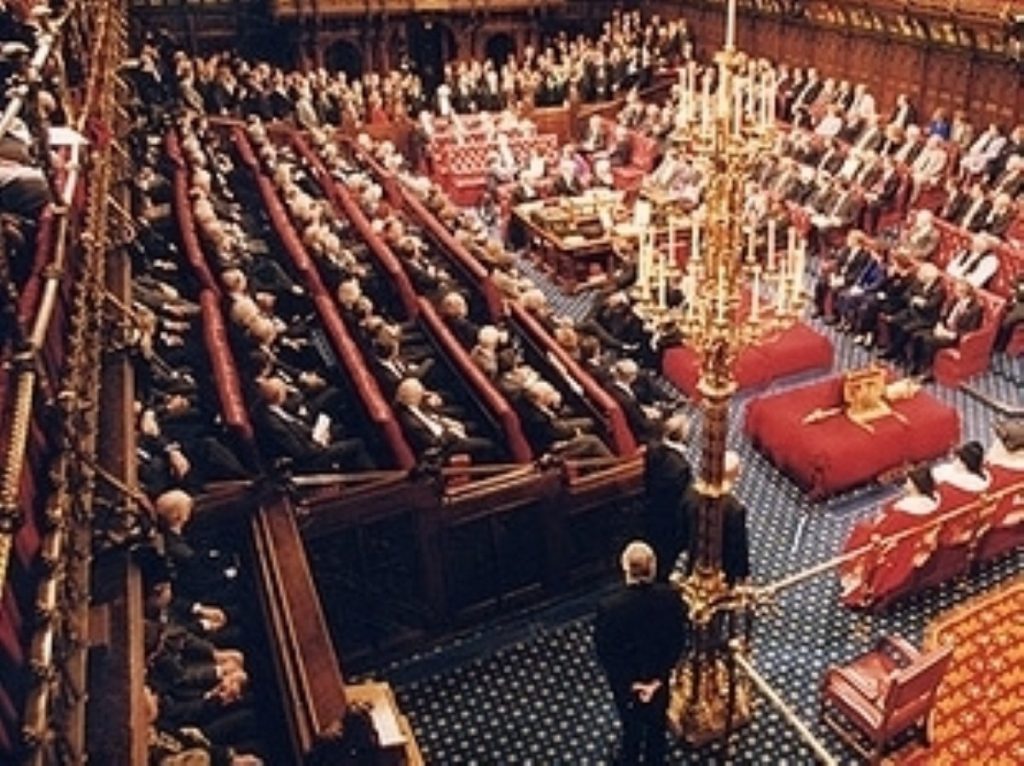Government loses pivotal AV vote
By Ian Dunt
The government has lost a knife-edge vote on the referendum on AV, after the Lords reacted angrily to threats from party officials.
The planned referendum will now be non-binding if turnout is below 40%. If turnout drops below that level, the Commons will decide whether to accept the outcome.
The government lost the vote on the amendment, tabled by former minister Lord Rooker, by 219 to 218.


The willingness of cross-bench peers and Tory rebels to vote with Labour against the government shows how angry many lords have become after the government resorted to threats to get the second chamber to back down over the bill.
The House of Lords has been tied down on the AV bill after Labour launched a filibuster tactic to delay the legislation. The opposition feels that plans to equalise constituency sizes and cut the number of MPs from 650 to 600 are intended to put Labour at a disadvantage.
Lord Strathclyde, the Tory leader in the Lords, and Lord McNally, his Liberal Democrat deputy, resorted to threats in a letter to crossbenchers, writing: “As you will understand only too well, the implications for the House in choosing to prevent deliverance of the bill on time would be extremely serious.
“It has been a long-standing convention of the House that the government should be entitled to get its business through and we believe that a majority of the House would like to see that happen.”
Many peers concluded that the letter was threatening radical reform of the Lords if the House did not stop hindering the progress of the bill.
The behaviour of the Tory rebels, including Lord Lamont, Lord Brooke and Lord Forsyth, suggests that peers are becoming increasingly alienated by heavy-handed tactics from the Commons.
But Labour has also come in for substantial criticism over the amendment. Ed Miliband specifically rejected plans for a 40% threshold when Tory MP Bill Cash suggested it in the Commons, with MPs defeating it by 549 to 31.
As a supporter of both the referendum and electoral reform, Mr Miliband is also likely to be criticised for setting out a confusing and incoherent response to the bill, regardless of Labour’s concerns over the programme to equalise constituencies.












